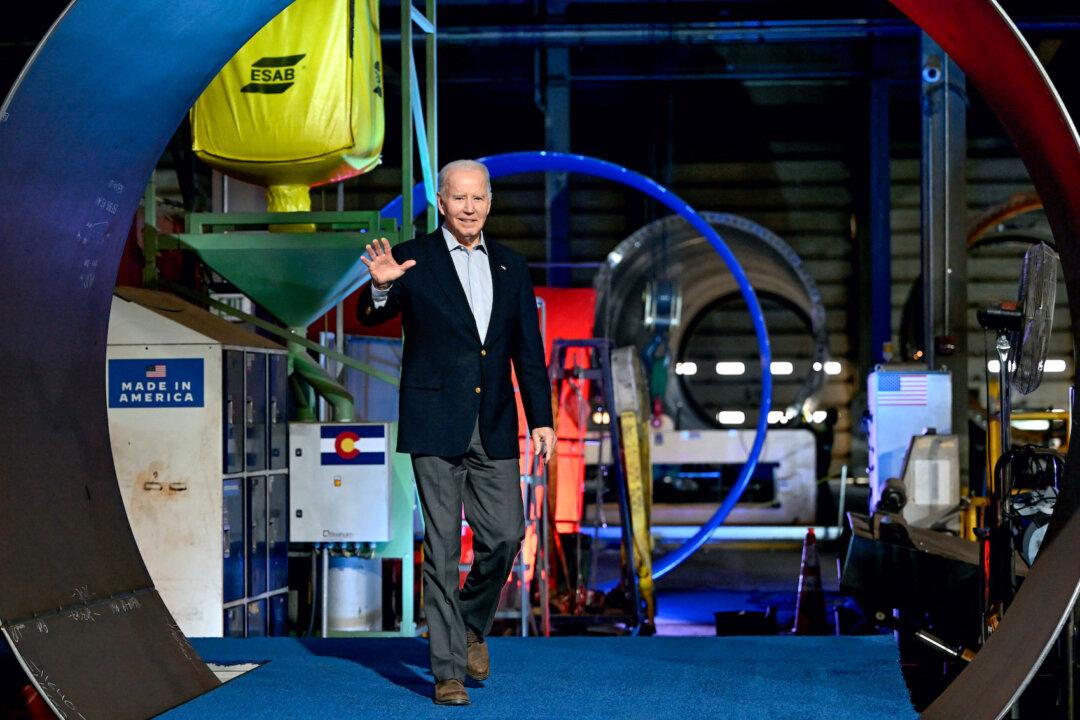The most distinctive divergency between the Democrat and Republican parties is in energy policy, the fundamental fulcrum that guides government-wide federal administration while influencing nearly every substantive decision made in Congress—and at millions of family kitchen tables across the country every day.
Despite expressions of bipartisan support for an “all-of-the-above” approach that invests in renewable energies while also enhancing fossil fuel infrastructure, there’s little common ground in practice, with both parties championing opposite “either/or” paths in a 2024 campaign cycle with scant tolerance for nuance or consensus.





